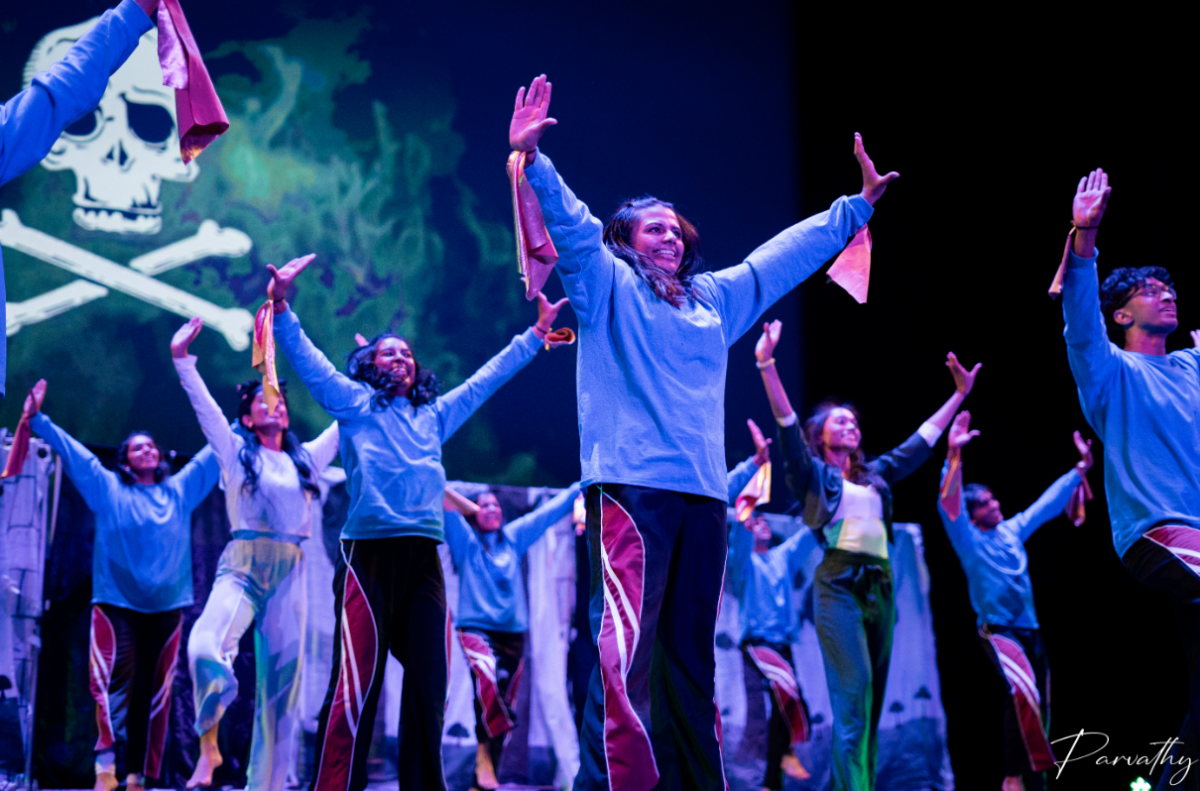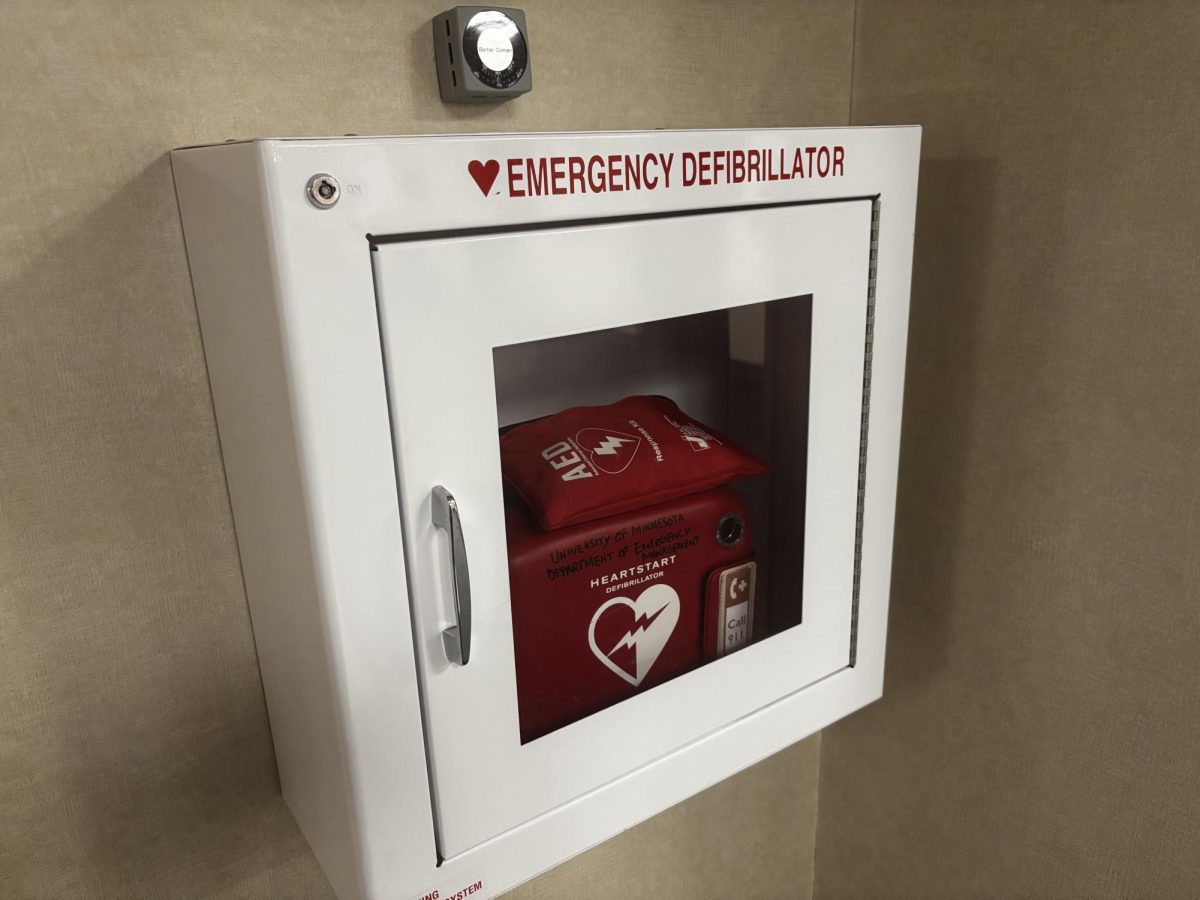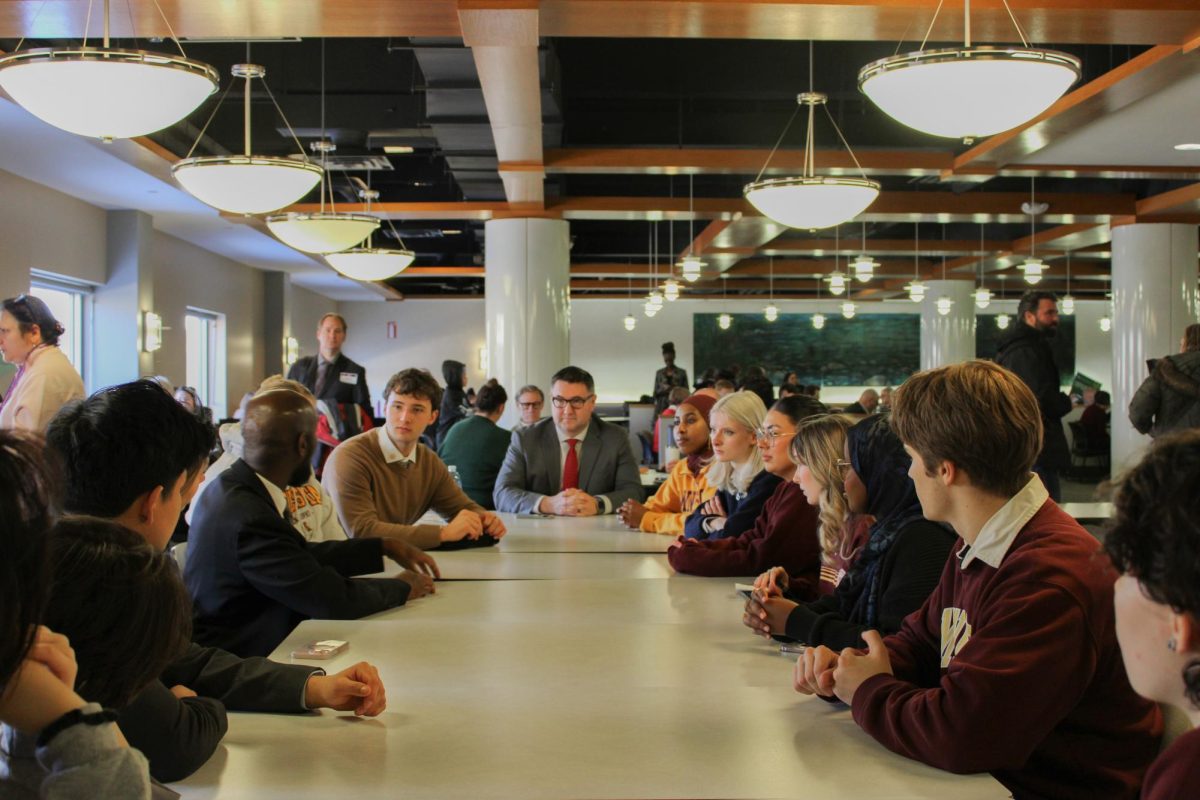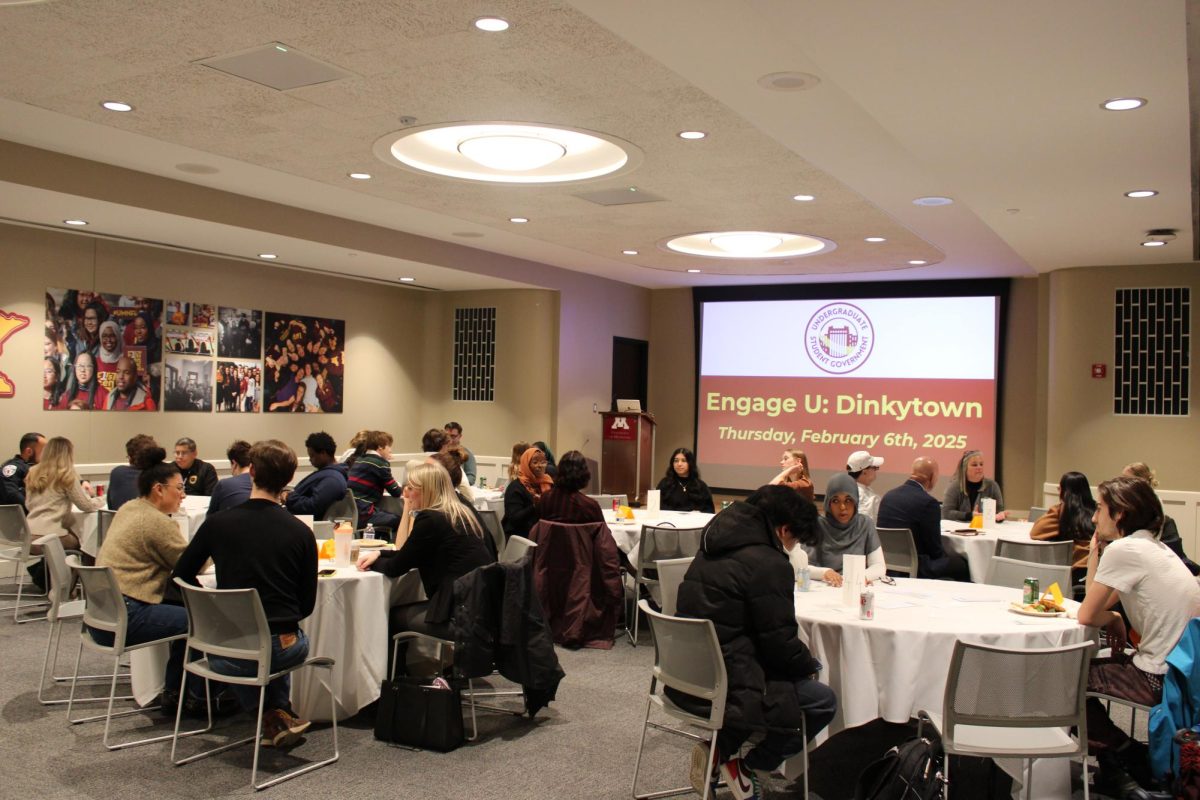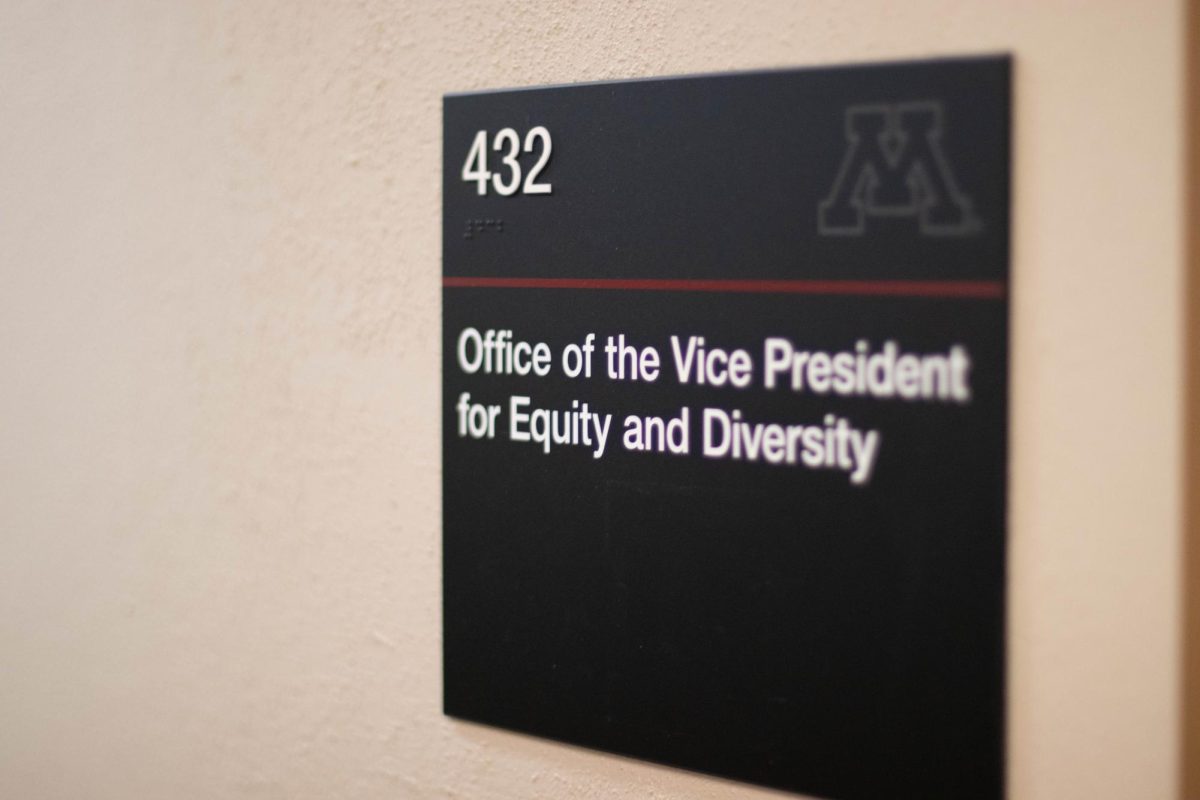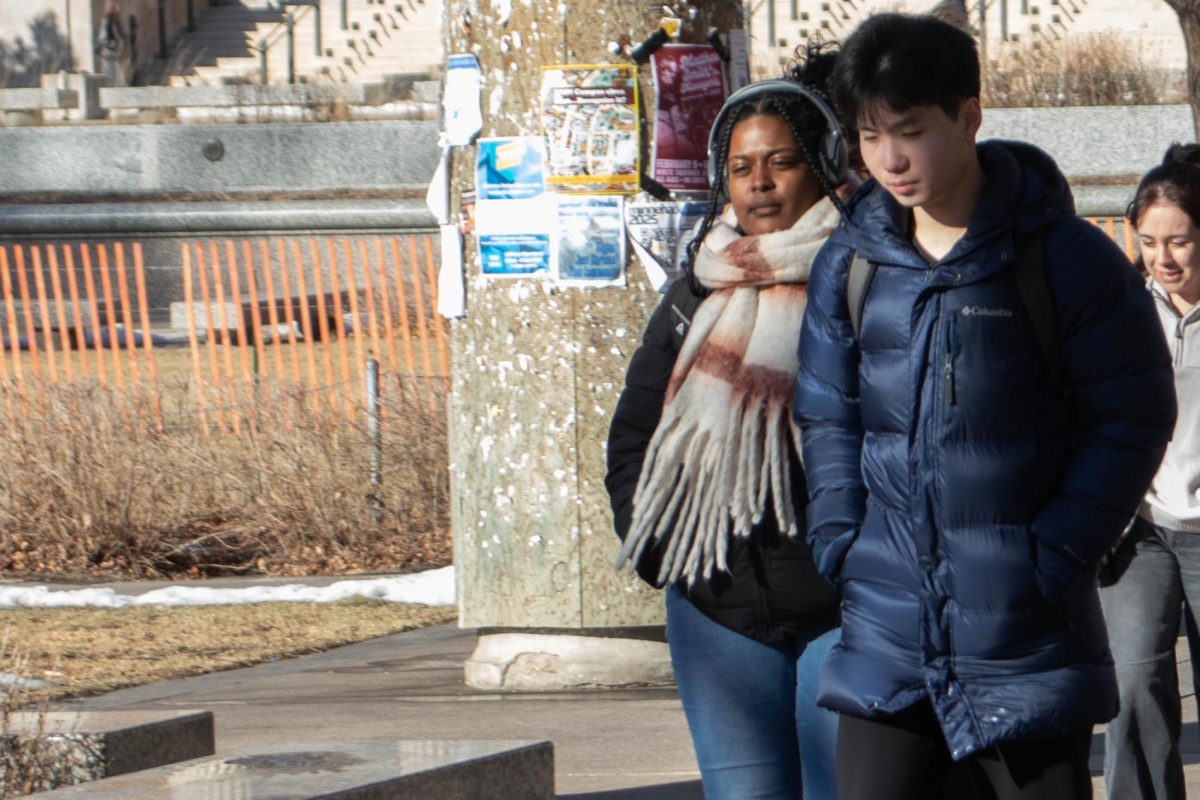The University of Minnesota’s residence halls and University-owned apartments are managed by student workers called Community Advisors (CAs), who said the job deals with managing social life with their work-life, community building and learning new skills.
CAs enforce living area rules and regulations and encourage community interactions between residents. They are provided with free housing and food plans, along with pay. Every freshman student who lives in a residence hall has a CA as one of their first contacts at the university.
Jessica Gunzburger, programming director at the University Housing Administration, said the CAs are the residence halls’ “eyes and ears in the community.”
“If there’s something they can intervene on, they do,” Gunzberg said. “If it’s something outside their scope, they involve others and there’s other resources they can use.”
Many CAs said they like the community engagement aspect of their job.
Brooklynn Dobson, a third-year student and a CA at Territorial Hall, said her favorite part of the job is seeing connections built between students.
“There is something special about seeing people leave their room and instead of going outside or doing something else, they go to another room down the hall,” Dobson said. “It’s very heartwarming seeing friendships being made.”
The CA position comes with multiple benefits including pay, free housing and a dining hall pass, according to Dobson.
Balancing a social life can be challenging as a CA, but is manageable, Dobson said.
“With managing social life, you end up becoming friends by proxy with a lot of the other CAs, so that is incredibly helpful,” Dobson said. “As a CA, especially in Superblock, a lot of people live in Dinkytown, and that’s kind of a commute from Superblock every time you want to go see friends.”
Dobson said one way she manages her social life is by having a set schedule of Wednesdays and Thursdays where she goes to visit her friends outside of the dorm.
Akua Anohene, a third-year student and a CA at the University-owned Radius apartments, said her social life has becomes more complex because of her position as a CA.
“People know you as a CA before just a student,” Anohene said. “I can’t be caught doing anything that would violate any of the rules. You have to be more cautious and careful.”
Anohene said one of the hardest parts of her job is getting good community engagement.
“Specific to the apartment, getting interaction and engagement is difficult,” Anohene said.
Anohene said that it is more difficult to engage with students in an apartment because students are more separated from the CA than in a dorm.
Another CA, third-–year student Vandita Gupta, said she wanted to become a CA after having positive experiences with CAs during her first year at the University.
“I’m an international student, and when I first got into the dorms, they were the first people to reach out to me and they made me feel really comfortable in the space,” Gupta said. “That’s what got me into the role. If I can have that big of an impact in people’s lives.”
Gupta added the position has given her some skills that she did not have before, including a sense of purpose and time management.
“Sometimes you’re like, ‘I’m a college student I don’t have to deal with stuff,’ but you do,” Gupta said. “You’re not just responsible for your own self, you’re responsible for the safety and for reporting stuff.”
Gupta said becoming a CA made her more social and extroverted than she had previously been, especially during her first year as an international student.
“I used to be an introvert and I did not like talking to people quite a lot,” Gupta said. “But then being in this role has kind of forced me to talk to people, and now I have become extroverted and I will keep on talking until you ask me to stop talking.”



